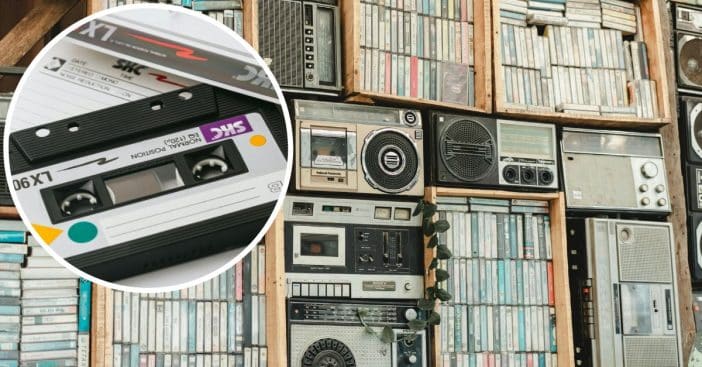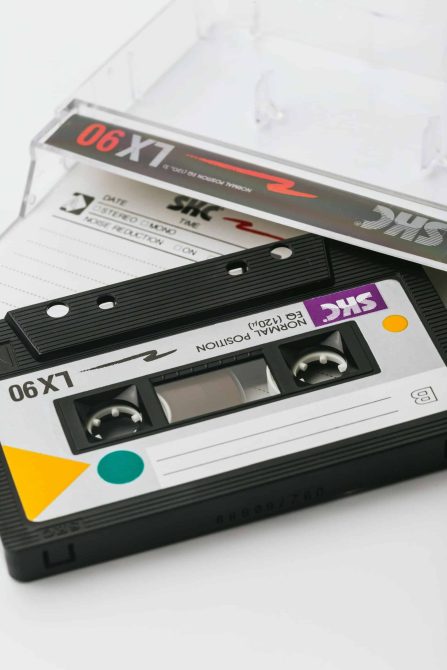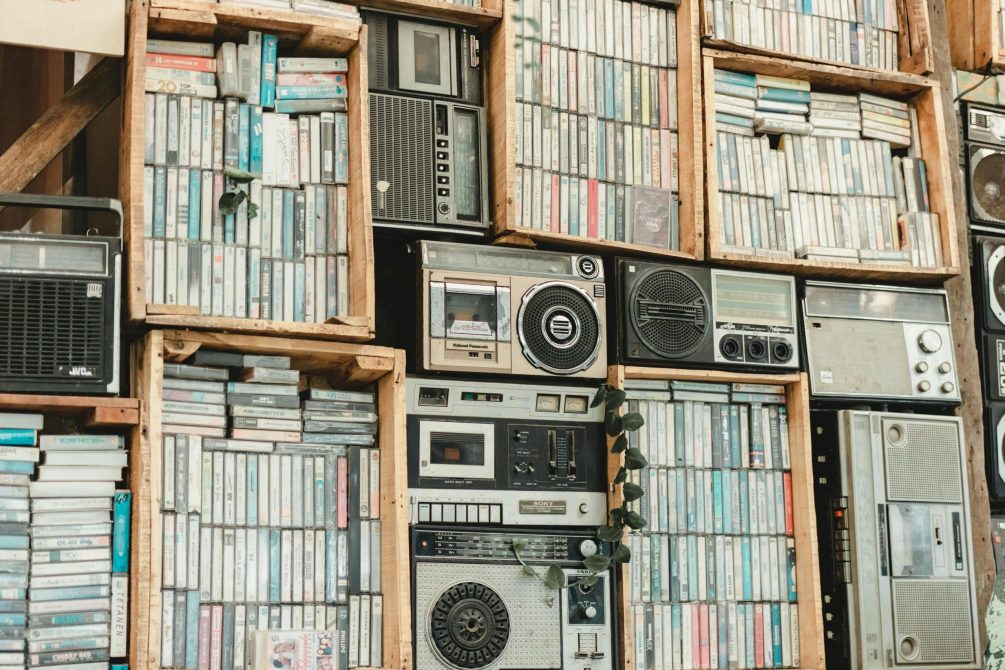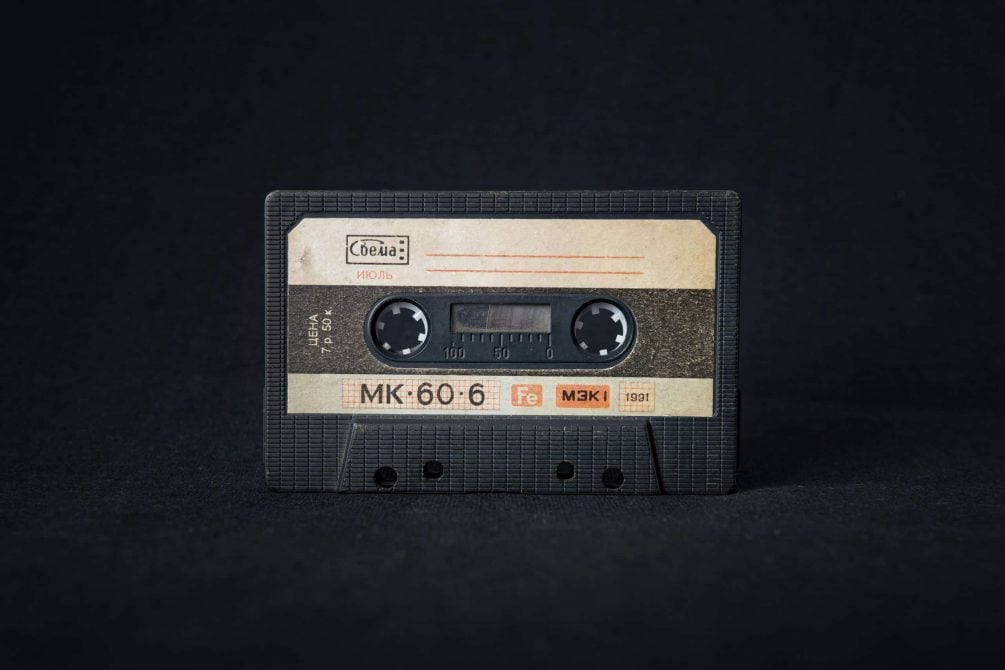
Between 1984 and 1991, cassette tapes emerged as the primary medium for music sales, fundamentally altering how people consumed music. However, cassette tapes gradually lost their popularity with the introduction of CDs in the late 1980s and the subsequent rise of digital music formats and streaming platforms in the 2000s. The convenience and superior audio quality offered by CDs and digital streaming overshadowed the limitations of cassette tapes, leading many to predict the end of their era.
Surprisingly, in recent years cassette tapes have experienced a resurgence in popularity. In the US, cassette sales surged by 35% in 2017 and another 23% in 2018, per Nielsen Music. The UK experienced a 112% year-over-year increase in cassette sales in the first half of 2019. This trend has persisted, with sales rising from 2020 to 2021, signaling a sustained interest in this retro format. Music journalist Marc Masters extensively explored this phenomenon in his latest book, High Bias: The Distorted History of the Cassette Tape, meticulously tracing the evolution of cassette tapes from their inception to their current resurgence.
People are still interested in cassette tapes

During his tour promoting the book, Masters, whose contributions have graced platforms like NPR, The Washington Post, and Rolling Stone, talked about the resurgence of interest in cassette tapes among today’s youth. “Tape isn’t dead,” he noted. “There are lots of young people interested in tapes for the same reason we were interested in them growing up.”
RELATED: The Last Cassette Factory
“It’s such a universal subject in a weird way. So many people either grew up using tapes or found tapes in their parents’ closet,” Masters added. “Almost everyone I spoke with on the tour said that the book made them think of some stories they had with tapes that they hadn’t thought of in 20 or 30 years.”

The music journalist explained that the emergence of Cassette Tapes played a pivotal role in fostering the expansion of specific musical genres. “I didn’t want it just to be a trip down memory lane. I wanted that to be part of it, for sure, but I wanted the history part of it to be things that people might not know about even if they were around for tapes,” Masters admitted. “Maybe people didn’t know how crucial they were to hip-hop or to heavy metal or how crucial they were to people internationally who couldn’t record otherwise.”

Masters also noted that the affordability and portability of cassette tapes democratized music consumption, empowering independent artists and underground scenes to thrive outside mainstream avenues. “Before cassettes came along, there wasn’t a cheap, easy, affordable way to control the music you listened to. Having a cassette you could record on easily or make mixes on freed up people’s ability to access music they weren’t able to before,” he confessed. “It was democratizing for artists who didn’t have the connections to get on a record label or the money to record at an expensive studio. They could record it on tape, pass it around or even sell it on tape.”
